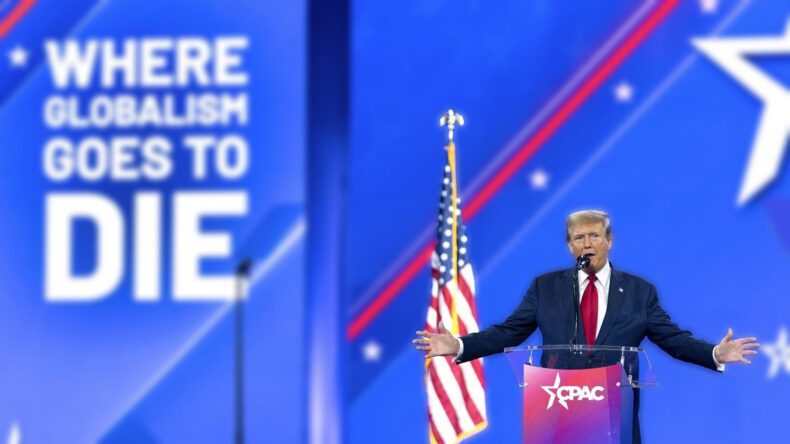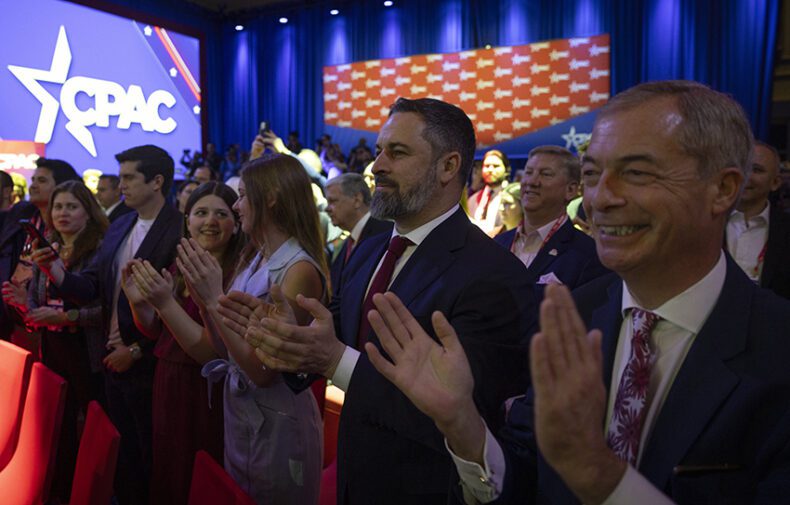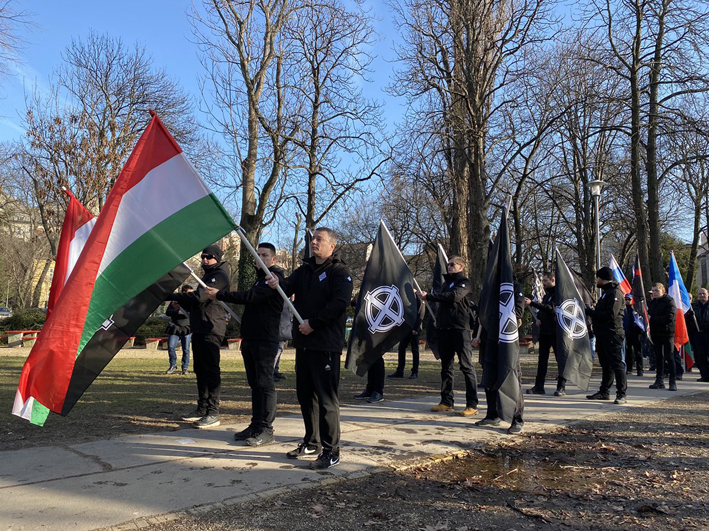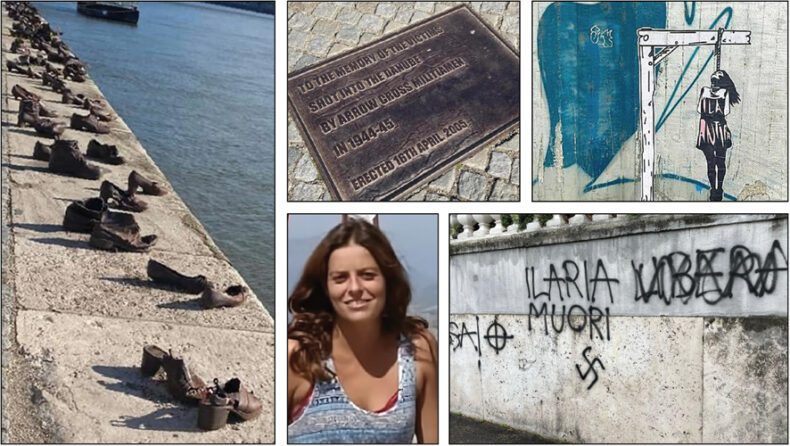By Leonard Zeskind
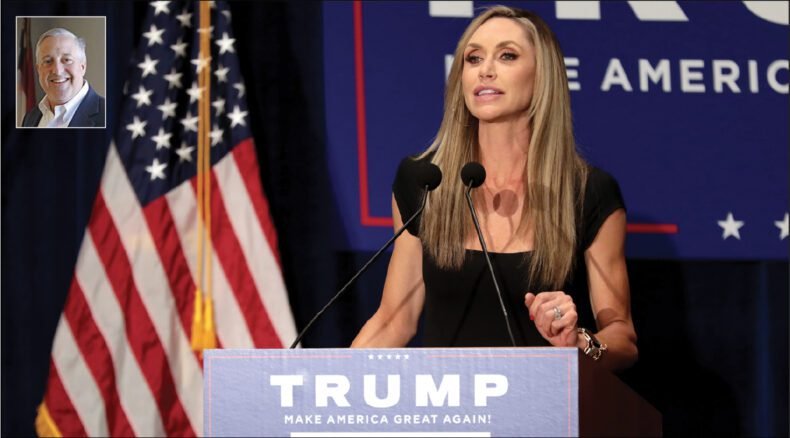
Donald Trump has effectively won the Republican Party nomination and is all over TV, the newspapers and the web. He fumes against immigrants “poisoning the blood of our country”and, when critics point out the similarity between his language choices and Hitler’s, he simply repeats himself.
He has been transforming the party into a personal instrument since before 6 January 2020, but the pace has picked up since he officially became the 2024 Republican candidate. He has set up close ally Michael Whatley and his daughter-in-law Lara Trump as co-chairs of the Republican Party. They have fired 60 senior staff of the Republican National Committee (RNC). A fundraising pact is also directing substantial segments of party funds raised to paying the millions of dollars in legal fees that Trump is incurring.
To date, he has been convicted in two civil cases: one brought against him in New York for civil fraud and inflating the value of his real estate when procuring loan; the other, for defamation through his incessant attacks on E Jean Carroll. He still faces four criminal cases.
Most Republicans are ignoring the bad news about their candidate. A recent poll found the number of people who believe Trump had committed crimes has dropped since the start of the year. Among Democrats, it is down by 7%, but 85% still think he is guilty. Among independents, the number has dropped by 9% to 57%. This compares with only 21% of Republicans believing him guilty. A YouGov poll found “most Republicans don’t know” about his convictions.
Trump used the primaries to purge the party of other views. In early March, an editorial piece in The New York Times said: “Republicans in Congress have already shown their willingness to set aside their own priorities as lawmakers at Mr. Trump’s direction.”
There is a small opposition within the party: one group, Republican Voters Against Trump, plans to spend $50 million dollars trying to convince voters not to vote for him. Lisa Murkowski, an independent-minded Republican Senator from Alaska, has announced she will not vote for Trump. Former Republican Congresswomen Liz Cheney from Wyoming, once a stalwart of the Republican Party, asked the US Supreme Court to nullify Trump’s request for immunity in the 6 January charges against him. Her father, Dick Cheney, was Vice-President to George W Bush in 2001–2009. She has taken to the stump, drawing large crowds to rally Republican opposition. The current Trump-led party, she says, has “abandoned the Constitution”. Nikki Haley, a Reagan-Republican who ran against Trump in the primaries, is yet to endorse him.
This shift towards Trump is not universal, but it does signal that Reagan-type conservatives have been largely replaced by even more vicious America First nationalists. This change is powered by the Make America Great Again movement, which is likely to outlive Trump and the current generation of high-profile acolytes.
While Trump popularised the MAGA slogan as part of his campaign to win in 2016, the movement itself is rooted in the Tea Party phenomenon, which has developed its own institutions and followers, and has its own trajectory.
After Trump’s changes at the RNC, Georgia Congresswoman Marjorie Taylor Greene wrote: “MAGA is now in control of the Republican Party!!” She has promoted anti-Semitic, racist conspiracy theories, including the notion that white people are undergoing a genocide.
America First nationalists look for fault in US global ambitions, but they are not anti-imperialist. They believe America’s weakness can be found in its immigrants and in “enemy” theories, such as “critical race theory”. They oppose reproductive rights and voting rights – in some cases, even women’s voting rights.
Demonstrating the MAGA movement’s reach, the Heritage Foundation, founded in 1973 during the Nixon era as a Cold War outfit, has become a MAGA pillar. More recently, the America First Legal operation was founded in 2021 by Trump aide Stephen Millar. Its credentials include preventing a deal for oppressed Black farmers under the premise of fighting “anti-white bias”. Together, these institutions provide insight into the direction of Trumpist politics to come.
Leonard Zeskind is the founder of the Institute for Research and Education of Human Rights, www.IREHR.org
This article was first published in the Spring 2024 issue of Searchlight




